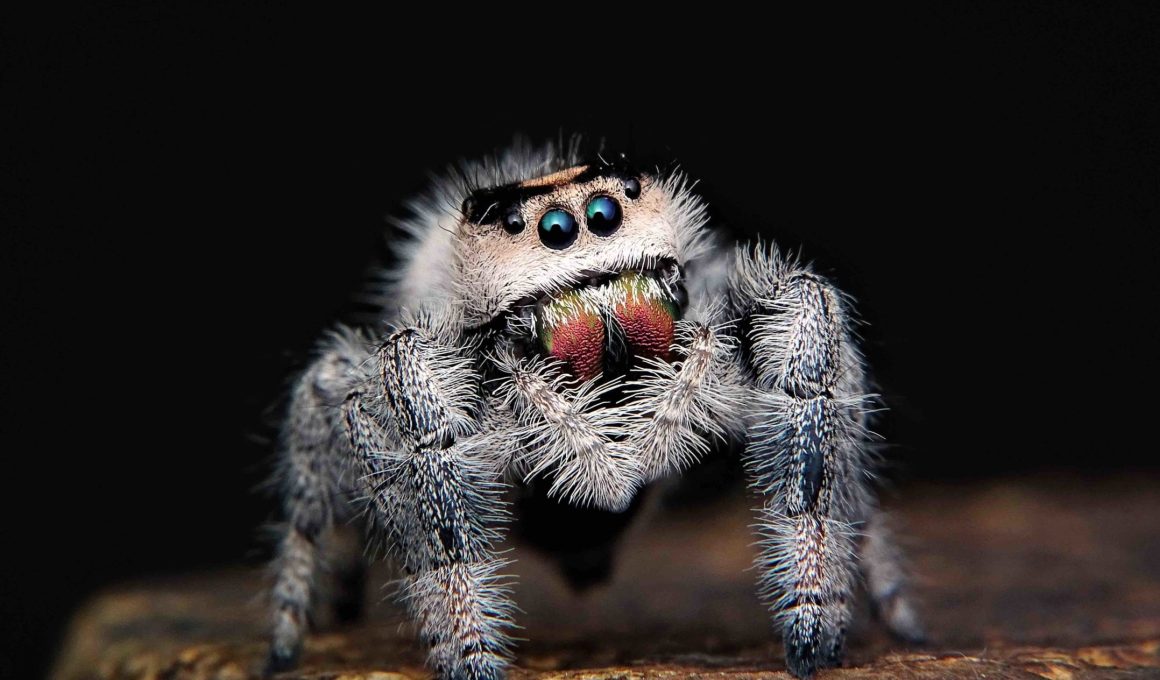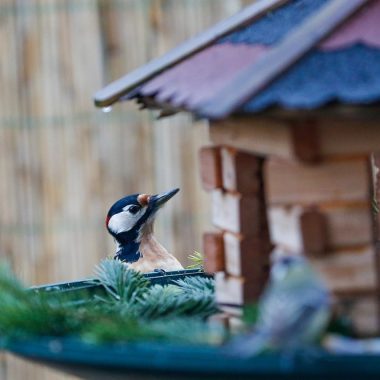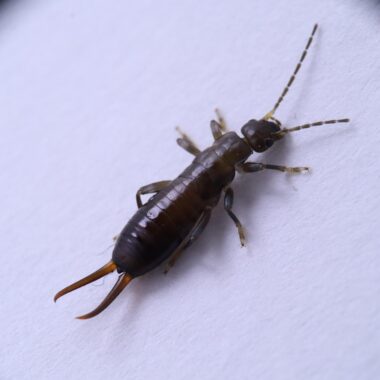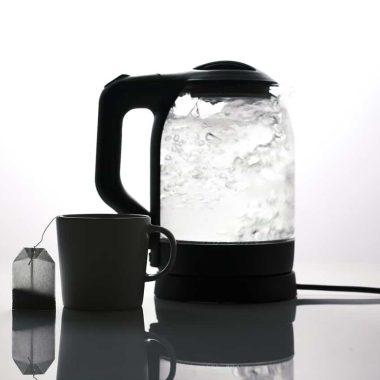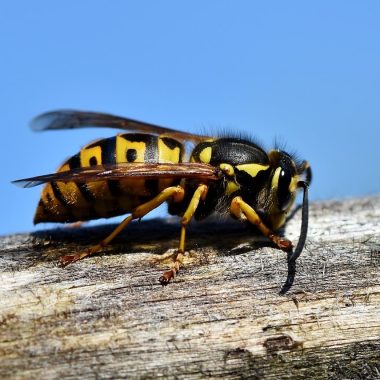Spiders are arachnids of the largest order. There are over 45,000 species of spiders, all of which are predators.
They can be found in almost every world except polar regions and oceans. Spiders have eight legs and two body parts; the cephalothorax and the abdomen.
They also have jaws known as chelicerae with fang-like appendages at the tip.
The fact that spiders are everywhere, from our homes, schools, bathrooms, toilets, and places of work, sometimes makes us wonder if they eat and how they eat.
What do they eat? And exactly how long can spiders live without food? All of these questions shall be answered in this article.
What Do Spiders Eat?
Spiders are generally known to eat freshly killed prey. They do not eat stale, dead, or decaying food.
Their diet consists mainly of but is not limited to insects like flies, moths, crickets, grasshoppers, and mosquitoes.
Some large species of spiders feast on worms, snails, and small vertebrates like frogs, lizards, birds, and bats.
A few species belonging to the jumping spider group get most of their nutrients from the leaves of the acacia tree, which is found primarily in Central America; other plat-eating spiders get their nutrients from plant sap, leaf tissue, nectar, honeydew, seeds, and pollen while other species feed on spiders, shocking right? Spiders’ diets are largely dependent on their size and species.
A larger spider will consume and reserve more food than a smaller spider.
How Spiders Eat
Spiders survive on liquid diets because they have no teeth. Spiders consume their prey by breaking down the body with digestive enzymes, which they either vomit on or inject into their prey.
Then they suck out the fluids and liquefied meat of their prey.
How Long Can Spiders Live Without Food?
How long a spider can live without food or water depends on its size and species.
Many spiders can live for months or years without food. Some spiders, like tarantulas, deliberately choose not to eat.
Spiders can go for so long without food because of their ability to regulate their metabolism.
In situations of food scarcity, spiders slow down their metabolism rate according to food availability.
Some spiders live a sedentary lifestyle that requires them to use very little energy.
They engage in low-effort hunting by carefully ambushing their prey without expending too much energy.
In addition, the majority of spider species are carnivorous; therefore, they get more energy from their meat diet compared to animals that are herbivores and feed on plants only.
Even though spiders can survive for a long period without food, they can only survive for so long without water.
Many spider species will start to die off if they have been without water for some months. Finding water is of more importance to spiders than finding food.
Some Species of Spiders and How Long They Can Live Without Food
Black Widow Spider
Black widow spiders can live for almost a year without eating because of their ability to reduce their metabolism to a low rate.
Wolf Spider
Adult wolf spiders can only live for three weeks without food. Without water, they can only last for about a week.
Jumping Spiders
Adult jumping spiders can last for a month without food, while they can last for a little over a week without water.
Baby jumping spiders can only last for five days without food and less than five days without water.
Brown Recluse Spider
An adult brown recluse spider can last for about one to two years in the event of food scarcity.
American House Spiders
American house spiders can survive for a period of four to eight weeks without food.
They can survive for so long without food because they consume their web, which provides nourishment like protein.
Usually, American house spiders have a habit of keeping a reserve of food.
Daddy Long Legs Spiders
Daddy long legs spiders can regulate their metabolism according to food availability.
Daddy long-leg spiders are susceptible to dehydration, so even though they can survive for up to two months on average without food, they cannot survive for as long without water.
Chilean Rose Tarantula
An adult Chilean rose tarantula can survive for one to two years without food, especially if water is available, regardless of prey scarcity.
The Mexican Red-knee Tarantula
In the event of food scarcity, Mexican red-knee tarantulas can survive for over two years without food.
On average, Mexican red-knee tarantulas can survive for five months provided they had water steadily prior to the period of water scarcity.
Baby Spiders
Baby and adult spiders store food and water in their bodies at varying capacities.
Adult spiders can store food and water better than baby spiders, allowing them to survive longer.
Overall, baby spiders or spiderlings can survive for a month without food and a week without water.
Spiders that Are Capable of Living the Longest Without Food
Tarantulas
Many tarantulas can last up to two and a half years without eating.
Tarantulas can pull this off because they are larger compared to other spiders and, as such, store food and water in larger quantities than the average-sized spiders would. Some tarantulas are known to refuse to eat deliberately.
Although the reason for this might be difficult to explain, it is suggested that their refusal to eat might be because they are undergoing a long molting period or they are just anxious. But a lot of the time, it is just what they do.
The Grammostola rosea spider is a type of tarantula that is known to go on very long hunger strikes.
Web-building Spiders
Web-building spiders can also survive for a long period by eating the webs they produce to get the nourishment required to survive.
By doing this, they always have a food backup they can fall back on when necessary.
Conclusion
How long a spider can live without food largely depends on its species, size, and how well it can regulate its metabolism.
Large spiders can survive longer than spiders that are smaller in size because they can store large quantities of food and water.
Although spiders can survive for a long time without food, the same thing cannot be said for water.
Most spiders, without water, will not survive for a long period.
